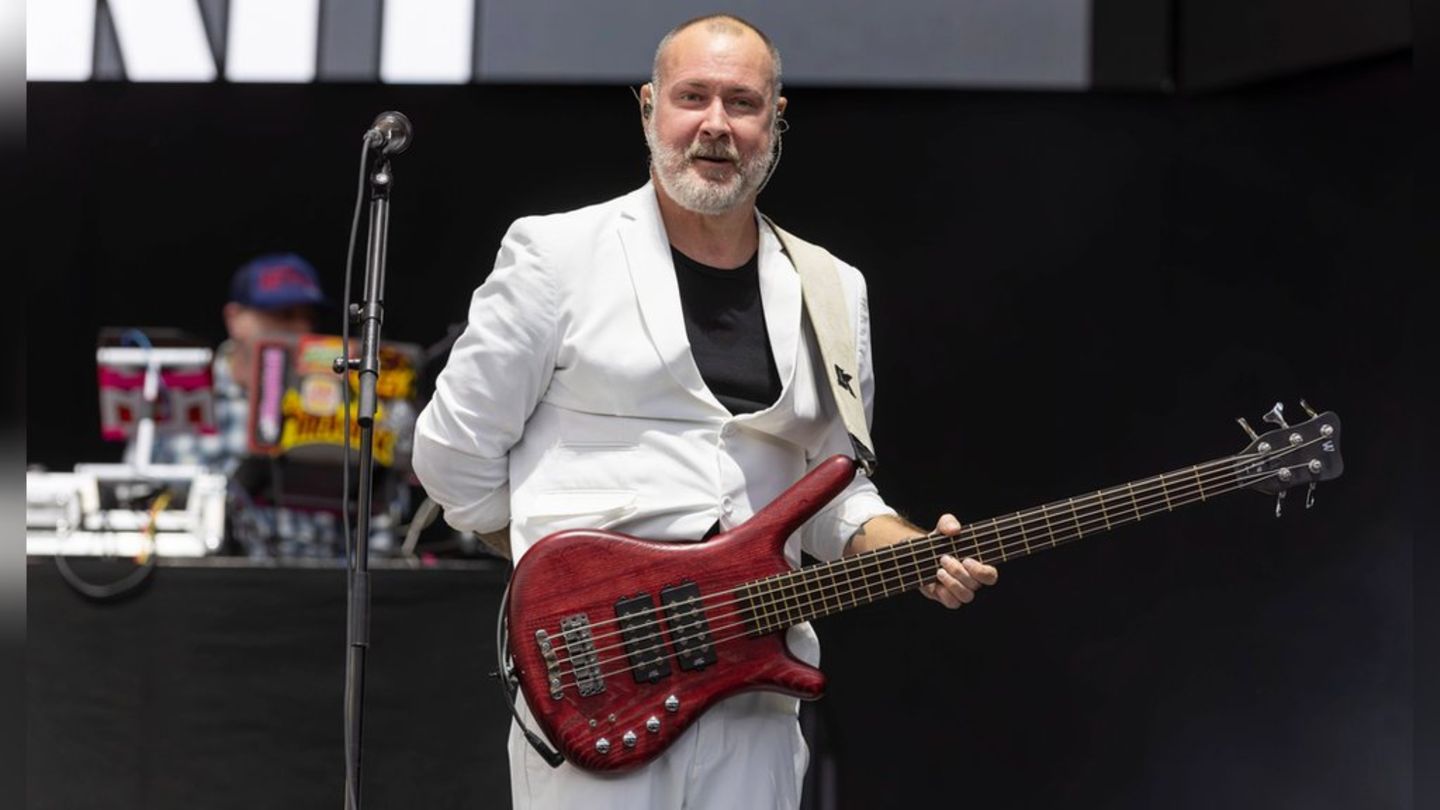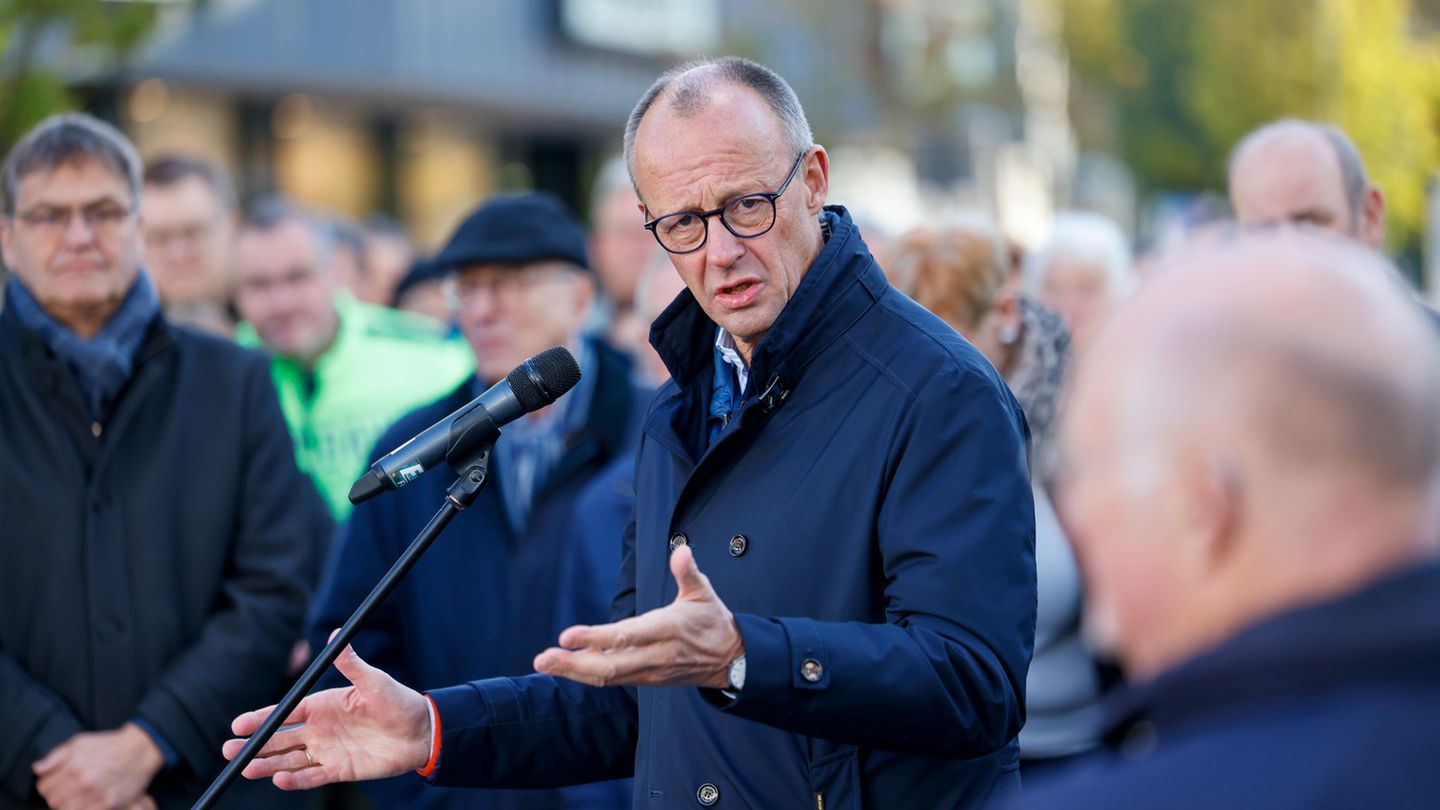Whether for the expansion of electricity grids or the construction of a hydrogen network: the energy transition is expensive. The Minister of Economic Affairs is courting international investors.
The federal government wants to bring more private investors on board to finance the energy transition. Economics and Climate Protection Minister Robert Habeck (Greens) said at an investor conference of the state development bank KfW that Germany is pursuing long-term goals and has taken “robust paths” that offer a reliable, long-term and profitable investment field for investors. “Germany has a plan,” he said in Frankfurt and spoke of a secure investment environment.
Germany wants to be climate neutral by 2045. The share of electricity consumption from renewable energies such as wind and solar is to rise to 80 percent by 2030. In the first half of this year, according to industry figures, it was 58 percent. In order for wind power produced in the north in particular to reach large consumption centers, thousands of kilometers of new power lines are to be built. Habeck said that the expansion of the network had been noticeably accelerated. He also referred to the planned construction of a hydrogen “core network.”
German companies are already investing heavily in climate protection. The necessary expansion of renewable energies requires suitable and flexible transmission and distribution networks and requires high investments. The funds for this cannot come from the public sector alone, but must largely be mobilized from private investors or via the capital market, according to the ministry.
Premiere for conference
Representatives from international infrastructure funds, pension funds, insurance companies and banks, among others, came together at the first investor conference of its kind. KfW boss Stefan Wintels said that capital demand and capital supply should be brought together so that the energy infrastructure in Germany in particular can be renewed in a more climate-friendly and affordable way.
Deutsche Bank CEO Christian Sewing said that investments in the power grid alone are estimated to be worth 300 billion euros over the next 20 years. Sewing also referred to the EU’s climate goals and the immense investments that are necessary. The states cannot manage the investments alone. Investors need security. Sewing stressed the need to implement the so-called capital markets union in the EU. This is intended to reduce bureaucratic hurdles between the EU states. With a view to the difficult formation of a government in France after the parliamentary elections, Sewing said that this should not lead to a slowdown in the capital markets union.
State Secretary for Economic Affairs Philipp Nimmermann described the return on equity set by the Federal Network Agency for operators of electricity and gas networks as attractive – in international comparison. Nimmermann reiterated the federal government’s interest in a strategic minority stake in the electricity network operator Tennet Deutschland as part of a consortium. Negotiations on a complete sale of the German electricity network from Tennet to the federal government had failed.
Source: Stern




